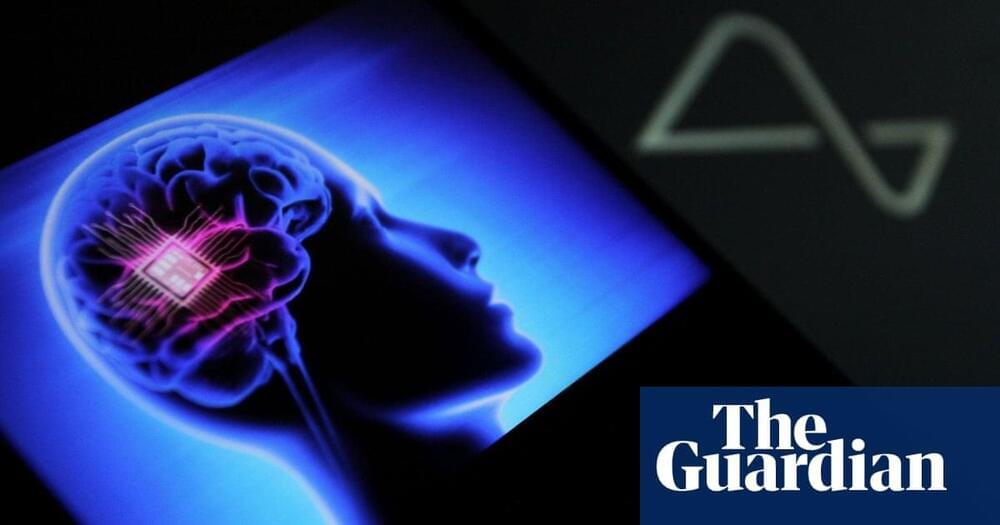In future, doctors hope the technology could revolutionise the treatment of conditions such as depression, addiction, OCD and epilepsy by rebalancing disrupted patterns of brain activity.
Jacques Carolan, Aria’s programme director, said: “Neurotechnologies can help a much broader range of people than we thought. Helping with treatment resistant depression, epilepsy, addiction, eating disorders, that is the huge opportunity here. We are at a turning point in both the conditions we hope we can treat and the new types of technologies emerging to do that.”
The trial follows rapid advances in brain-computer-interface (BCI) technology, with Elon Musk’s company Neuralink launching a clinical trial in paralysis patients last year and another study restoring communication to stroke patients by translating their thoughts directly into speech.
